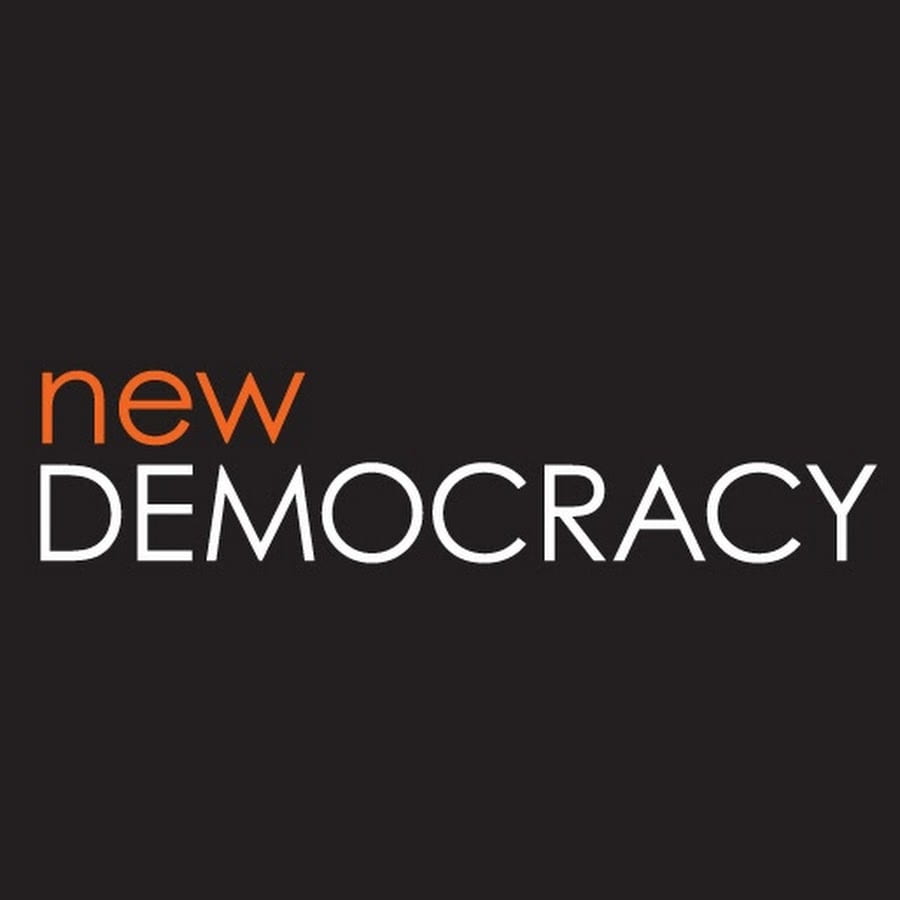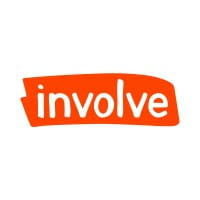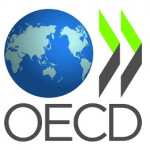We collaborated with Watercare to run a citizens’ assembly over four weekends from late July to early September 2022.
The citizens’ assembly process builds on the concepts and tools of deliberative democracy. We used it for this project to help a group of Aucklanders navigate complex conversations and make decisions together about the long-term future of Auckland’s water supply.

What is a citizens’ assembly?
A citizens’ assembly is a form of collaborative decision-making focused on bringing a diverse and representative group together, to deliberate and make an informed decision on a complex topic.
The focus is not on finding a perfect solution, but a decision that everyone in the group can ‘live with’, in which the trade-offs are understood and weighed up.
What did we learn?
The process and lessons learnt, and how deliberative democracy was localised for an Aotearoa New Zealand context, are covered in a new Koi Tū case study report, Citizens’ assembly on the next source of water for Tāmaki Makaurau Auckland.
What did the citizens’ assembly discuss?
We asked them to help answer: “What should be the next source (or sources) of water for Auckland?”
From July – September:
- We brought 36-40 citizens together for four days.
- We provided information so they could understand the complexity of this issue and the different water source options. This information included written material as well as presentations from a variety of experts and stakeholders, some of which were pre-selected and some of which were chosen by the participants.
- They engaged in deliberation (a facilitated, reasoned and respectful discussion) over the question to see what consensus emerged.
- At the end, they wrote a report together and presented it to our leadership team.
- The leadership will respond and explain how these recommendations will be used to make the new water infrastructure plan.
Our intention was for the participants to work through different perspectives and trade-offs to come to a consensus that helps build a resilient water source past 2040.
The citizens’ assembly worked together to help answer the question:
“What should be the next source (or sources) of water for Auckland?”
How did it work?
We sent out 12,000 invitations to a combination of postal addresses (obtained using NZ Post’s database) and email addresses from the Watercare database. These addresses were chosen using “random sampling”, meaning that each address in the database had the equal chance of being selected.
From those who accepted the invitation, we selected a sample that was demographically representative of Auckland in terms of ethnicity, age, gender, and education.

The selected participants were contacted by the members of our research team. The research team answered any questions they had and provided them with further information on the process and what we hoped to achieve.
Those selected who agreed to participate met together over four weekends in July and September to learn about Auckland’s water supply system and discuss the options for future water sources.

How could I find out more or get involved?
If you are a citizen:
Write to our email address ccl-study@auckland.ac.nz
If you are a business, community group or large stakeholder:
Stakeholder submissions have closed. If you have further suggestions and questions, please write to our email address ccl-study@auckland.ac.nz.
Resources
Find out more about deliberative democracy and the
thinking behind the Complex Conversations project
Website links
 NewDemocracy Foundation
NewDemocracy FoundationAccess an assortment of valuable resources at
newdemocracy.com.au
 Involve UK
Involve UK
Putting people at the heart of decision-making
involve.org.uk
Podcasts
 Real Democracy Now
Real Democracy Now
A podcast about deliberation, culture and context
realdemocracynow.com.au
 A radical proposal for true democracy
A radical proposal for true democracy
Hélène Landemore talks to Ezra Klein
podcasts.apple.com
 Facilitating Public Deliberations
Facilitating Public Deliberations
Podcast from NewDemocracy Foundation
newdemocracy.com.au

 Catching the deliberative wave
Catching the deliberative wave When Citizens Assemble
When Citizens Assemble